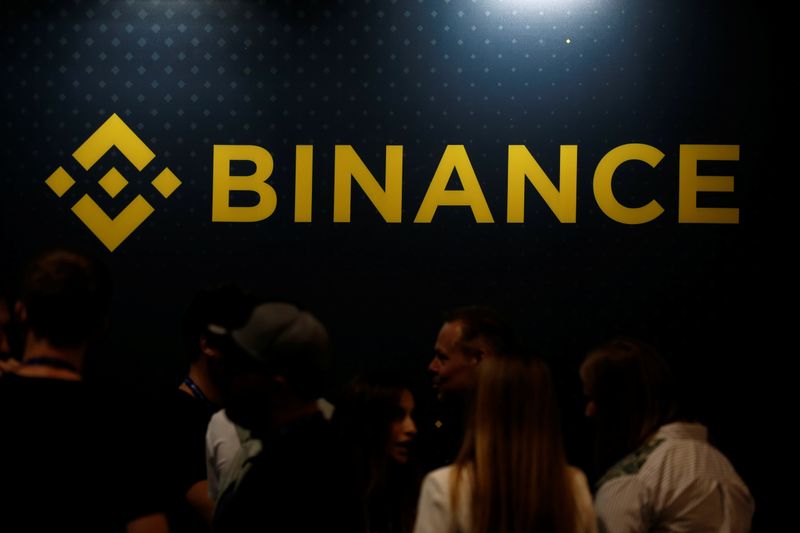

Senior figures are opting to distance themselves due to increased regulatory scrutiny. These departures not only cast doubts on Binance’s stability but also mirror broader trends in the crypto industry. Recent developments have witnessed the departure of CEO Brian Shroder and two key executives, Krishna Juvvadi, Head of Legal, and Sidney Majalya, the Chief Risk Officer, from Binance US. Read More: What’s in the Sealed Documents Against Binance? SEC Set to Expose Soon! Leadership Shake-Up Raises Eyebrows Cochran underscores the gravity of these concerns, describing them as the last thing any organization wants to face, especially when dealing with regulatory scrutiny. One of the most striking points in Cochran’s tweets is the reference to “auditor concerns.” In an industry where trust is paramount, financial institutions aim to avoid any signs of concern from their auditors. Seems the SEC may have already pointed out what I did in my earlier thread /UGnUKSdJIQ- Adam Cochran (adamscochran.eth) September 15, 2023 External auditor making redacted testimony, Binance US failing to produce, all focused on Ceffu. Even around the redacted part this is juicy.
#Binance usa investigation free#
With exclusives on surveillance and cybercrime, as well as all the security and privacy you need, it comes out free every week. This story was first reported in my newsletter, The Wiretap. “On a larger scale, is still completely dwarfed by cash and other means just because of the volume of money involved,” Prince explained. That said, some experts believe Mexican gangs will likely continue to move cash proceeds across the border in bulk to stop American cops following their money. report earlier this year claiming the Jalisco New Generation and Sinaloa cartels were increasingly looking to bitcoin as a laundering mechanism. Those seizures pointed to a trend identified in a U.N. Earlier this year, it said it worked with the agency to seize over 100 accounts linked to suspected drug money laundering in Mexico. This isn’t the first time Binance has helped the DEA. “The bad guys are leaving a permanent record of what they're doing. “This is actually an example of where the transparency of blockchain transactions works against criminal actors,” Price told Forbes. Previous investigations have found evidence of cartel use of cryptocurrency, but transactions were only in the tens of thousands. Though he’s named in the warrant, Forbes is withholding his name from publication as he is yet to be charged.īinance senior director of investigations Matthew Price, a former IRS cybercrime agent, told Forbes the Echavarria case was notable as it showed a Mexican-based operation laundering significant drug money through cryptocurrency wallets. Thanks to information provided by Binance, the DEA was able to identify the owner of that second account. It didn’t offer any explanation for the source of the remaining funds.

The DEA said it believed at least $16 million of that was derived from drug proceeds. In 2021, the owner of that account made 146 purchases of cryptocurrency worth nearly $42 million and sold over $38 million across 117 sell orders, according to the warrant. One account appeared to be taking money from Echavarria and continuing the laundering process, the DEA said. With assistance from Binance, the agency tracked Echavarria’s crypto across 75 transactions he made with the undercover agent, totalling $4.7 million.

The DEA’s investigation continued during his prosecution.


 0 kommentar(er)
0 kommentar(er)
